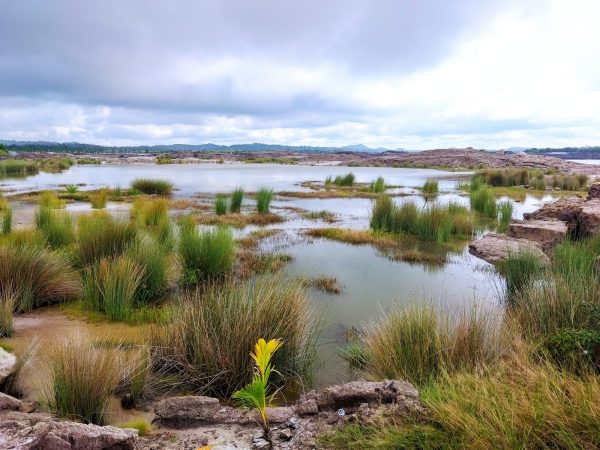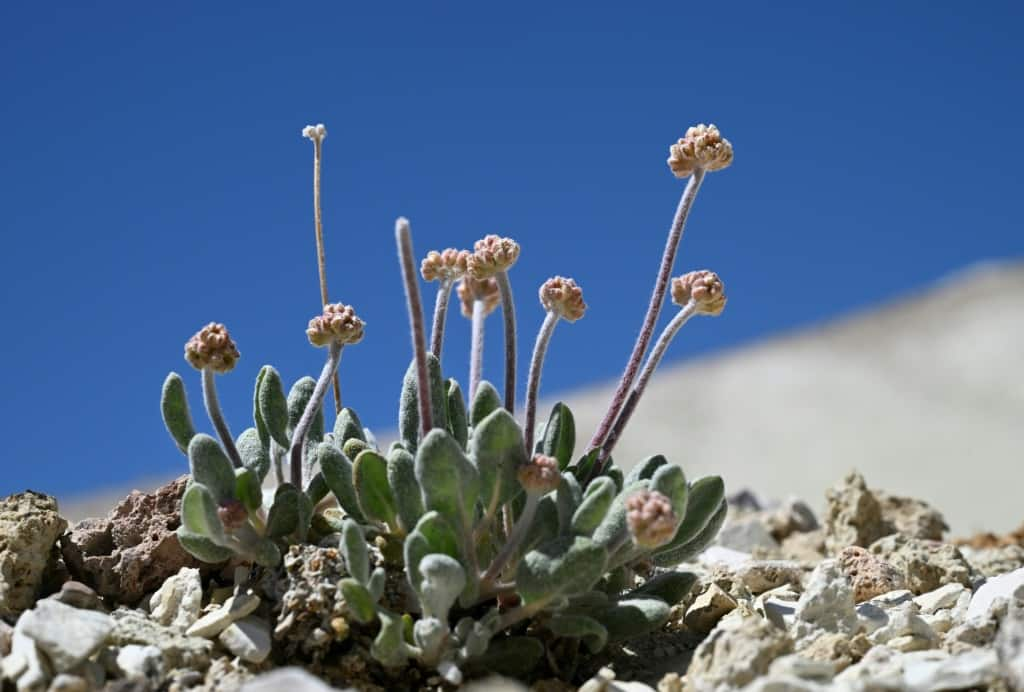





Tanzanian families are suing the London Bullion Market Association (LBMA) over the certification of gold sourced from the North Mara Gold Mine. The families allege that the LBMA wrongly classified gold from the mine as being free from serious human rights abuses. Initially, the LBMA argued that the case should be heard in Tanzania, but the families' law firm, Leigh Day, argued that Tanzanian courts are more difficult for victims of human rights abuses. The LBMA has now dropped its jurisdictional challenge and the case will proceed in the UK High Court. The LBMA is a not-for-profit member-based association that provides accreditation to refiners of gold and silver. The LBMA will defend the substance of the claim when the case goes to trial [e992d580].
In other news, Twin Metals Minnesota is exercising its right to explore for minerals on private land where it holds valid mineral leases. The company is not proposing to mine its state minerals but rather planning to drill holes on private land for studying core samples. If exploration finds accessible mineral deposits in an environmentally sustainable way, a detailed mine plan will be submitted for an exhaustive environmental impact study process. The proposed Twin Metals project faces barriers that are not supported by evidence from an environmental impact study. The minerals in the area could be part of addressing climate change if mined responsibly. Governor Walz is urged to lead a conversation focused on fair, fact-based reviews of mining projects based on their own merit [7be55e41].
Georgia's Environmental Protection Division has proposed a permit that would allow Alabama-based Twin Pines Minerals to move forward with a titanium mine near the Okefenokee National Wildlife Refuge. The mine has drawn opposition from environmental groups, scientists, lawmakers, and the Biden administration, who argue that the proposed excavation along a mineral-rich area known as Trail Ridge is risky and reckless. The fight has been ongoing for five years, but the conflict is entering a critical stretch as regulators accept public comments through April 9. The mine has the potential to impact eco-tourism, hydrology, and the overall integrity of the Okefenokee swamp. The Biden administration has expressed objections to the mine, and the Fish and Wildlife Service has notified the state that it intends to assert federally guaranteed water rights for the refuge. However, the state regulators have the final say in issuing permits for the mine [4c7e5c2c].
Campaigners are concerned that a proposed lithium mine in Nevada could lead to the extinction of Tiehm's buckwheat, a rare plant that is classified as endangered. The mine, operated by Australian miner Ioneer, holds vast reserves of lithium, which is crucial for electric car batteries. While Ioneer claims that the mining operations will not harm the plant, environmentalists argue that the mine's proximity and the dust generated by the operation could have a detrimental impact on the plant's survival. The plant's habitat will be directly affected by the mine, and around a fifth of its habitat will be destroyed over the years of the mine's operation. The US Department of Energy has offered Ioneer a $700 million grant for the project, pending approval from the Bureau of Land Management [3ad272d0].
In Indonesia, controversy surrounds illegal tin mining operations that have caused environmental damages and allegations of corruption. Indonesia's attorney general has brought corruption charges against Harvey Moeis, a wealthy businessman in the mining sector, for establishing illegal mining operations on concessions belonging to state-owned mining firm PT Timah. Over a dozen people, including PT Timah officials, have been named as suspects. Reports claim that Moeis was part of a $26 billion theft, but the figure actually represents the estimated value of environmental damages caused by the illegal mining operations. PT Timah, with assets of about $800 million, allowed unpermitted mining companies to operate on its concessions, resulting in earnings being siphoned off. The attorney general's action may be related to the recent consolidation of mining companies under a state-owned holding company called MIND ID. PT Timah, one of the least profitable companies under MIND ID, recorded negative earnings of $28 million in 2023. The case highlights the need for state-owned companies to maintain profitability to avoid scrutiny as the state tightens control over strategic mining holdings [a0e2da10].
A political fight has erupted over the future of mining in Western Australia (WA) due to a plan to provide tax breaks for critical minerals projects. The tax breaks aim to funnel billions of dollars into these projects. The issue has sparked a debate about the future of mining in WA [0ae80ec5].